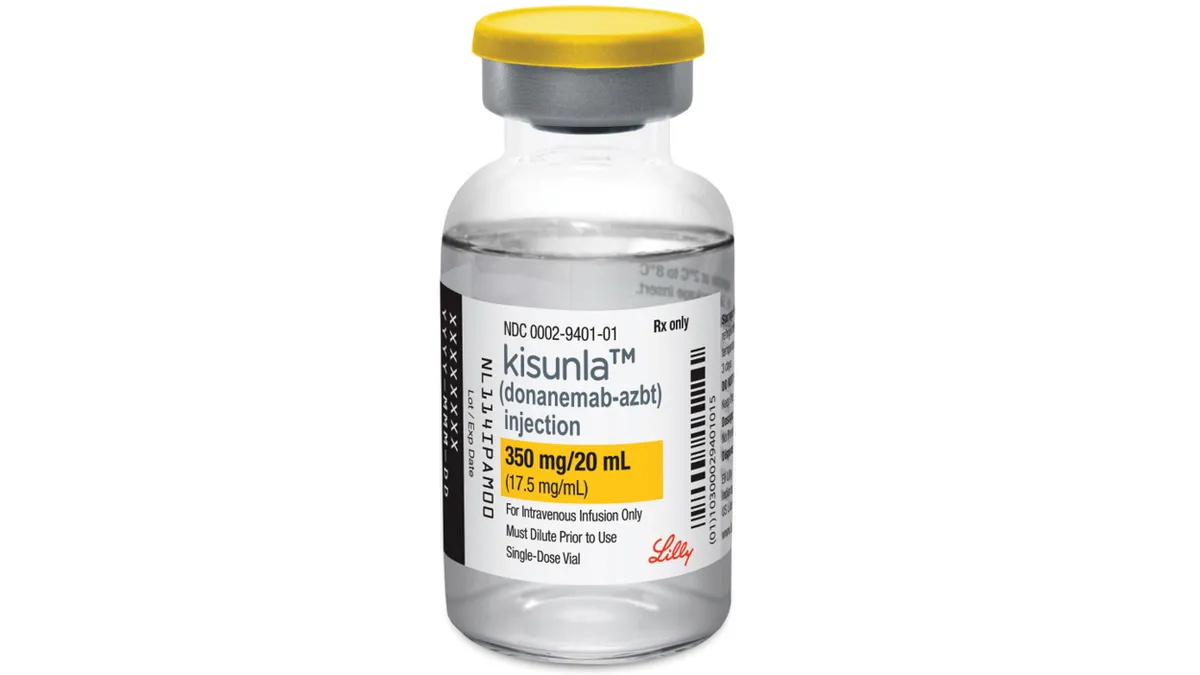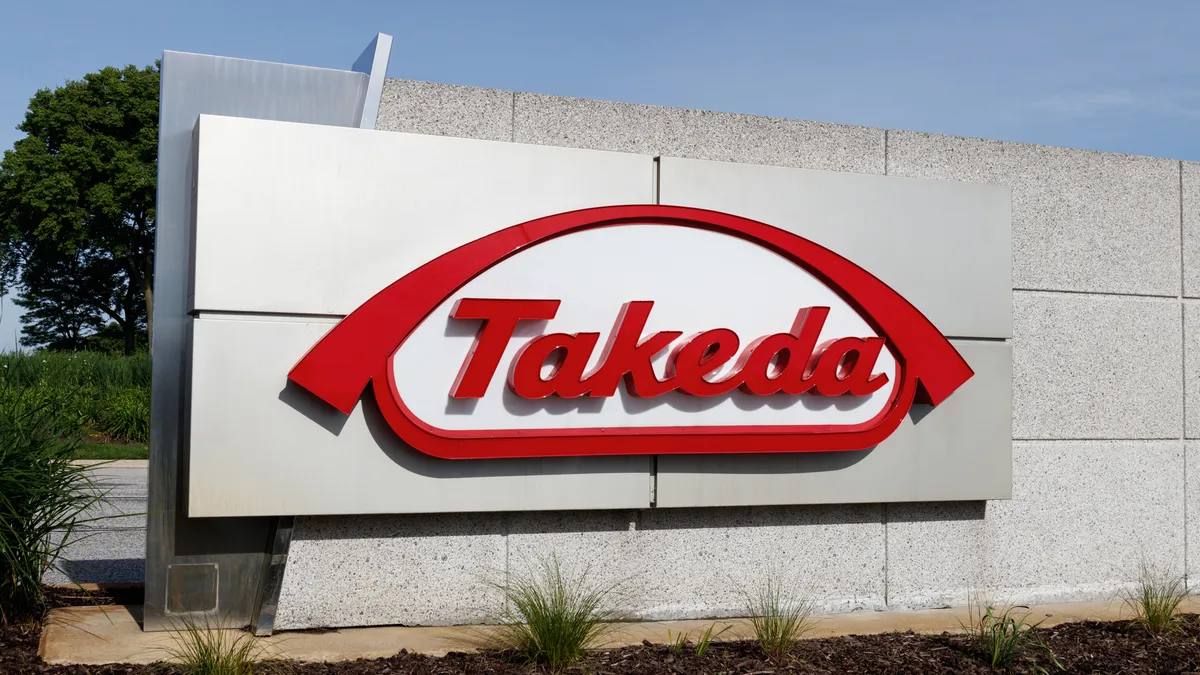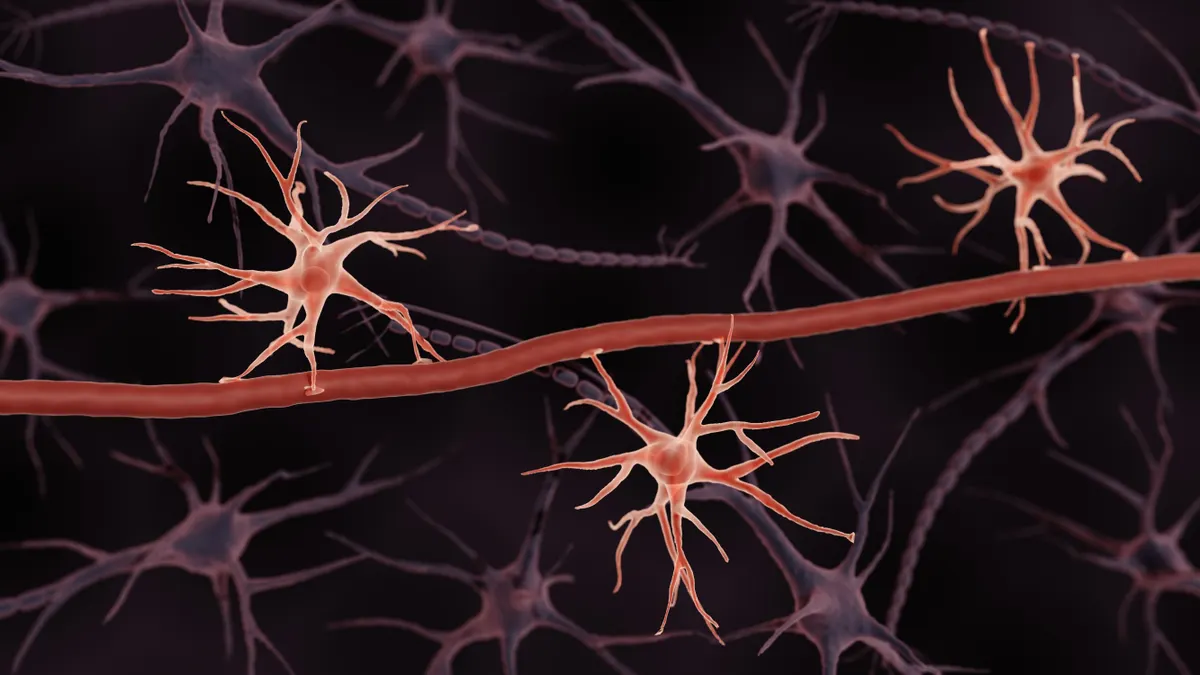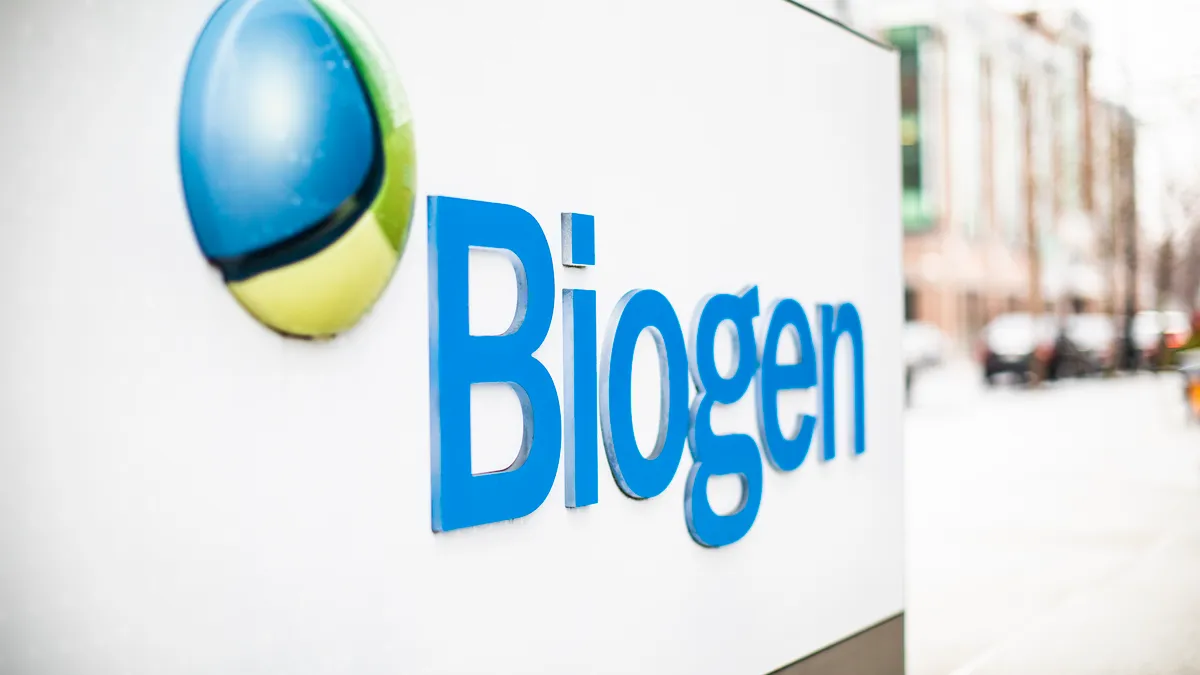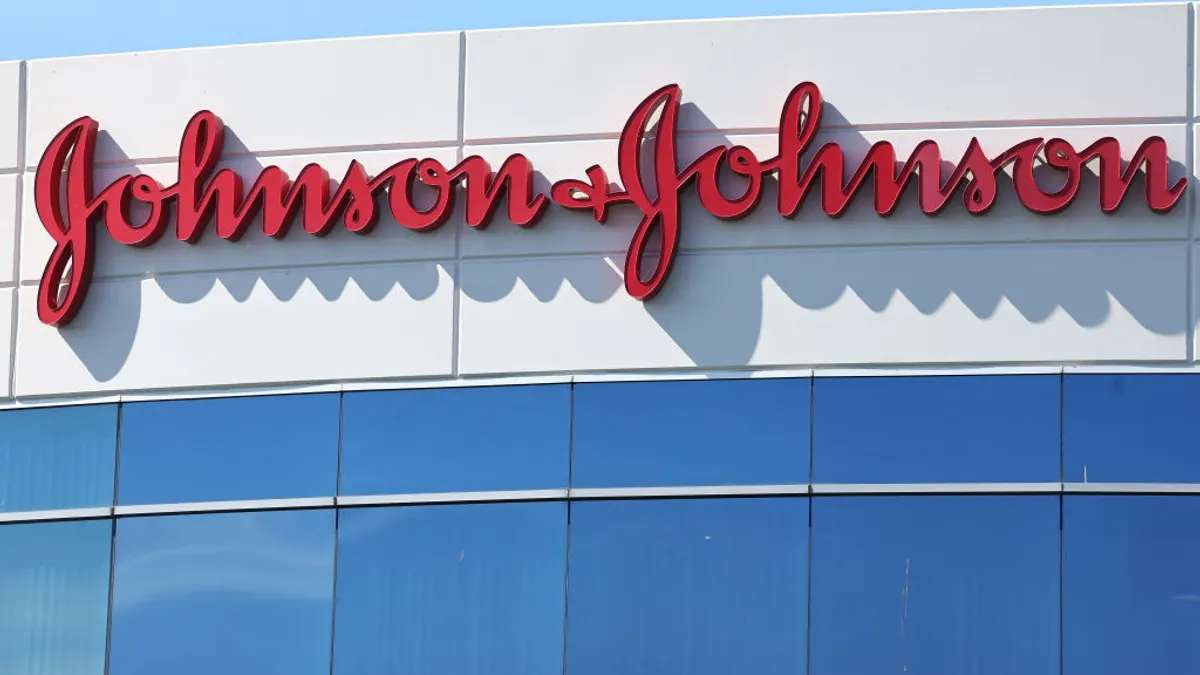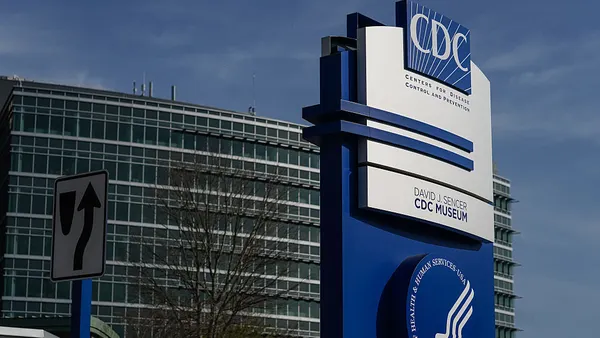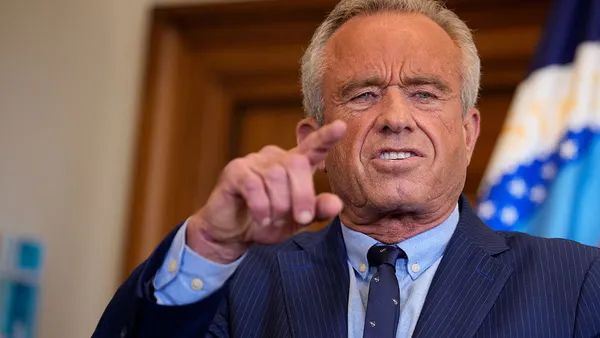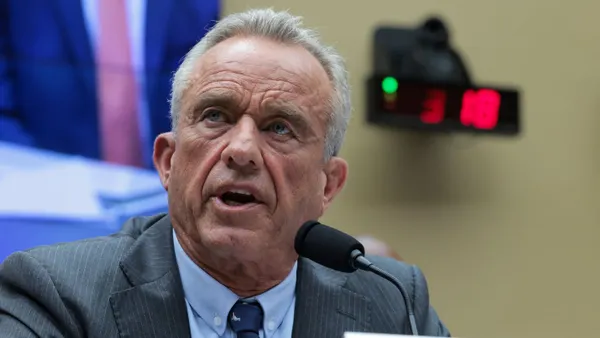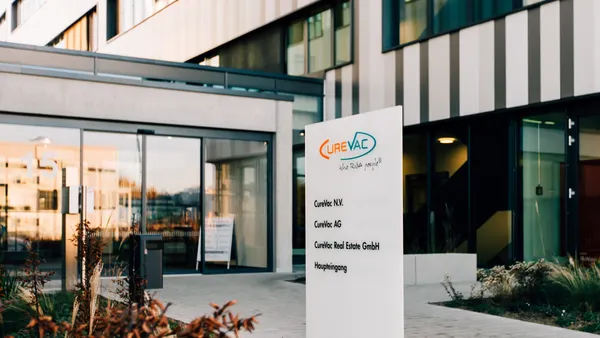A key committee that helps decide what new medicines enter the European market has changed its mind about a closely watched drug for Alzheimer’s disease, and is now putting its support behind the therapy.
The reversal is a win for Eli Lilly, which developed the drug and has already secured marketing approvals in Japan, China, the U.K. and the U.S., where it’s sold under the brand name Kisunla. Lilly classified Kisunla as one of the new products that could even further grow the company, which has ballooned in value thanks to an emerging class of weight loss and diabetes treatments.
Analysts, too, have big expectations, predicting peak annual sales will reach into the billions. But for Kisunla to have a shot at such success, Lilly has had to convince healthcare regulators that the drug’s potential to slow down the progression of Alzheimer’s outweighs its known safety risks. Like two other Alzheimer’s medicines sold by Biogen and Eisai, Kisunla can cause swelling and small-scale bleeding in the brain — a slate of side effects collectively known as “ARIA.”
ARIA was a main reason why that key committee from the European Medicines Agency sided against Kisunla during its initial review of Lilly’s marketing application. The group highlighted, for instance, how clinical testing had found nearly 37% of participants given the drug experienced these effects, versus just under 15% of those on a placebo.
Reviewers did consider whether to recommend Kisunla for people who lack a certain gene believed to increase the risk of ARIA, but ultimately concluded there wasn’t enough supportive evidence to warrant authorization.
Following that rejection, which came in late March, Lilly said it would appeal the committee’s decision. While such tactics don’t often work out — an analysis from RBC Capital Markets found a reversal rate of just 20% over the past decade or so — there was reason to think the odds might be better in this case. That’s because Eisai had just won an appeal for its drug Leqembi, which had raised similar safety concerns with the EMA.
Lilly’s bet has now paid off, as the committee’s new opinion is Kisunla should be authorized as a treatment for early symptomatic Alzheimer's disease in certain adults who have one or no copies of that risk gene.
That opinion “marks a significant milestone” in the company’s efforts to get Kisunla to eligible patients in Europe, said Patrik Jonsson, president of Lilly International, in a statement.
Some estimates hold that roughly 7 million people in Europe are living with Alzheimer’s. And Lilly, in its statement, noted this figure is expected to almost double by 2050 as aging populations increase.
With the EMA in support, Lilly’s marketing application heads to the European Commission, which has final say on approval.



